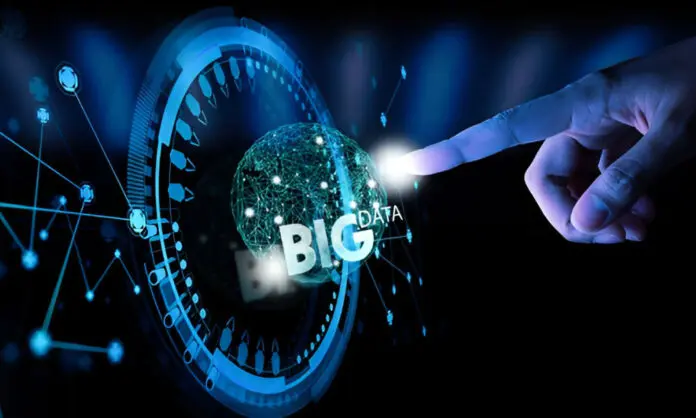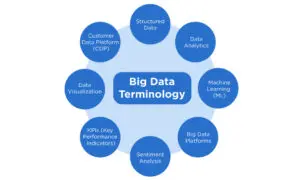Big data terminology has become essential for marketers navigating the fast-paced, data-driven digital landscape. With businesses increasingly relying on analytics to make informed decisions, understanding key concepts in big data can empower marketers to strategize effectively. This glossary covers the most important terms every marketer should know, breaking them down into simple, actionable definitions.
What Is Big Data?
Before diving into the terminology, let’s clarify what big data entails. It alludes to the enormous amounts of both structured and unstructured data that are produced every day. The quantity and complexity of large data sets make them impossible to handle with conventional data processing techniques. Big data provides insights that help marketers understand consumer behavior, optimize campaigns, and drive better results.
Key Big Data Terminology for Marketers
- Structured Data
Because structured data is well-organized into databases, processing, analysis, and searching are made simple. Customer data such as names, email addresses, and past purchases are a few examples. Marketers often rely on structured data to segment their audience effectively.
- Data Analytics
Analyzing unprocessed data to draw insightful insights is known as data analytics. Marketers use analytics tools to measure campaign performance, monitor website traffic, and assess conversion rates, enabling data-driven decision-making.
- Machine Learning (ML)
Machine learning refers to algorithms that enable computers to learn from and predict outcomes based on data. For marketers, ML powers tools like recommendation engines and chatbots, enhancing customer experiences.
- Big Data Platforms
Massive datasets may be stored and analyzed using big data platforms. Popular platforms include Hadoop, Spark, and AWS. Marketers leverage these tools to manage and process data efficiently.
- Sentiment Analysis
Sentiment analysis interprets customer emotions from text data, such as reviews or social media comments. Understanding sentiment helps marketers refine their strategies to align with customer feelings.
- KPIs (Key Performance Indicators)
KPIs measure the success of marketing campaigns. Metrics like website traffic, click-through rates, and customer acquisition costs fall under this category. Big data helps marketers set relevant KPIs based on measurable insights.
- Data Visualization
Complex datasets are transformed into charts, graphs, and other visual formats through data visualization. For marketers, this makes interpreting trends and sharing insights with stakeholders more accessible and impactful.
- Customer Data Platform (CDP)
Software known as a CDP compiles client information from multiple touchpoints into a single, cohesive view. This makes it possible for marketers to design smooth and customized consumer experiences.
Why Marketers Must Embrace Big Data Terminology
Understanding big data terminology equips marketers with the tools needed to thrive in a competitive landscape. As campaigns become more reliant on data, fluency in these terms allows marketers to communicate effectively with data scientists, optimize strategies, and harness the full potential of analytics.
By grasping terms like predictive analytics, machine learning, and sentiment analysis, marketers can move beyond guesswork, ensuring campaigns are both efficient and impactful. With data-driven marketing on the rise, those fluent in big data concepts will be at a clear advantage.
Tips for Mastering Big Data in Marketing
- Make an investment in training: Give your staff the skills they need to use analytics tools efficiently.
- Leverage Automation: Use machine learning-powered tools to save time and enhance precision.
- Focus on Visualization: Simplify complex data for easy interpretation and sharing.
- Track Trends: Stay updated with the latest big data innovations to remain competitive.
Conclusion
Data scientists are no longer the only ones who need to understand big data jargon. Marketers who embrace these terms and tools can unlock deeper customer insights, drive higher engagement, and achieve measurable success in their campaigns. By staying informed and adaptable, you can position yourself as a leader in data-driven marketing.
Also Read:
How is DevOps useful for Big Data?
Big Data Adoption Trends in 2024


